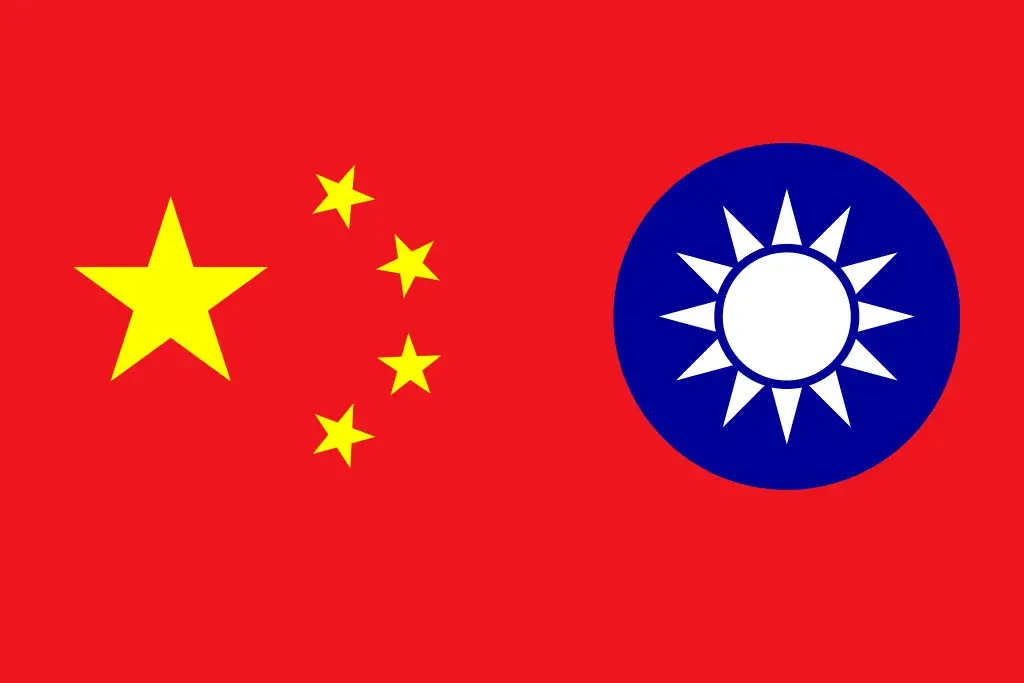As Taiwan gears up for its presidential and parliamentary elections on January 13th, tensions with China, which claims the island as its own territory, have escalated amid trade sanctions and rhetoric.

The Chinese government, through spokesperson Chen Binhua, accused Taiwan’s ruling Democratic Progressive Party (DPP) of violating the 2010 Economic Cooperation Framework Agreement (ECFA) by implementing trade barriers. Chen warned that China could impose “further measures” if the DPP continues to “adhere to its Taiwan independence position.”
Taiwan, led by President Tsai Ing-wen, denies violating the ECFA and has accused China of economic coercion and election interference. President Tsai reiterated her willingness to dialogue with China but has received no positive response.
The DPP, along with its presidential candidate Lai Ching-te, advocates for maintaining Taiwan’s current status as a de facto independent state, a position which China vehemently opposes. Lai, currently leading in polls, has stated that only the Taiwanese people can decide their future and has ruled out changing the island’s official name, the Republic of China.
These developments come against the backdrop of a long and complex history between the two sides. The defeated Kuomintang government fled to Taiwan in 1949 after losing the Chinese Civil War to the Communist Party, establishing a separate political entity.
Both sides have engaged in military exercises and diplomatic maneuvers in recent years, raising concerns about potential conflict. Chen, while stressing that “anything can be discussed on the basis of opposing Taiwan’s independence,” also reiterated China’s longstanding threat that “Taiwan independence means war.”
However, amidst the political tension, a moment of cross-strait solidarity emerged. Following a devastating earthquake in China’s Qinghai province, Taiwanese companies donated funds to aid relief efforts, a gesture acknowledged by Chen with “heartfelt thanks.”
The upcoming elections in Taiwan will be closely watched by the international community, with implications for future cross-strait relations and regional stability. While the potential for further economic sanctions remains a concern, the possibility of dialogue and cooperation cannot be entirely discounted.






